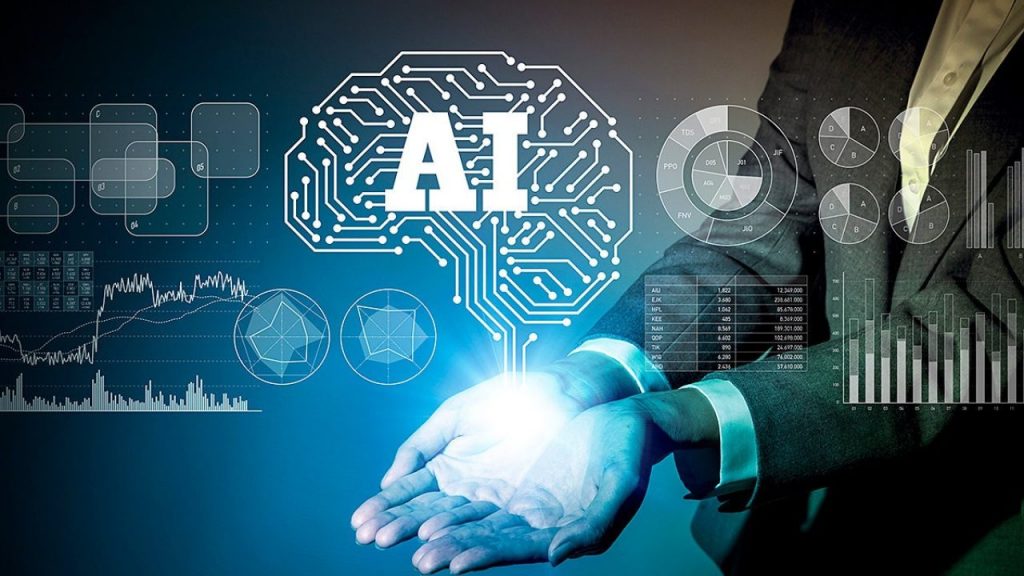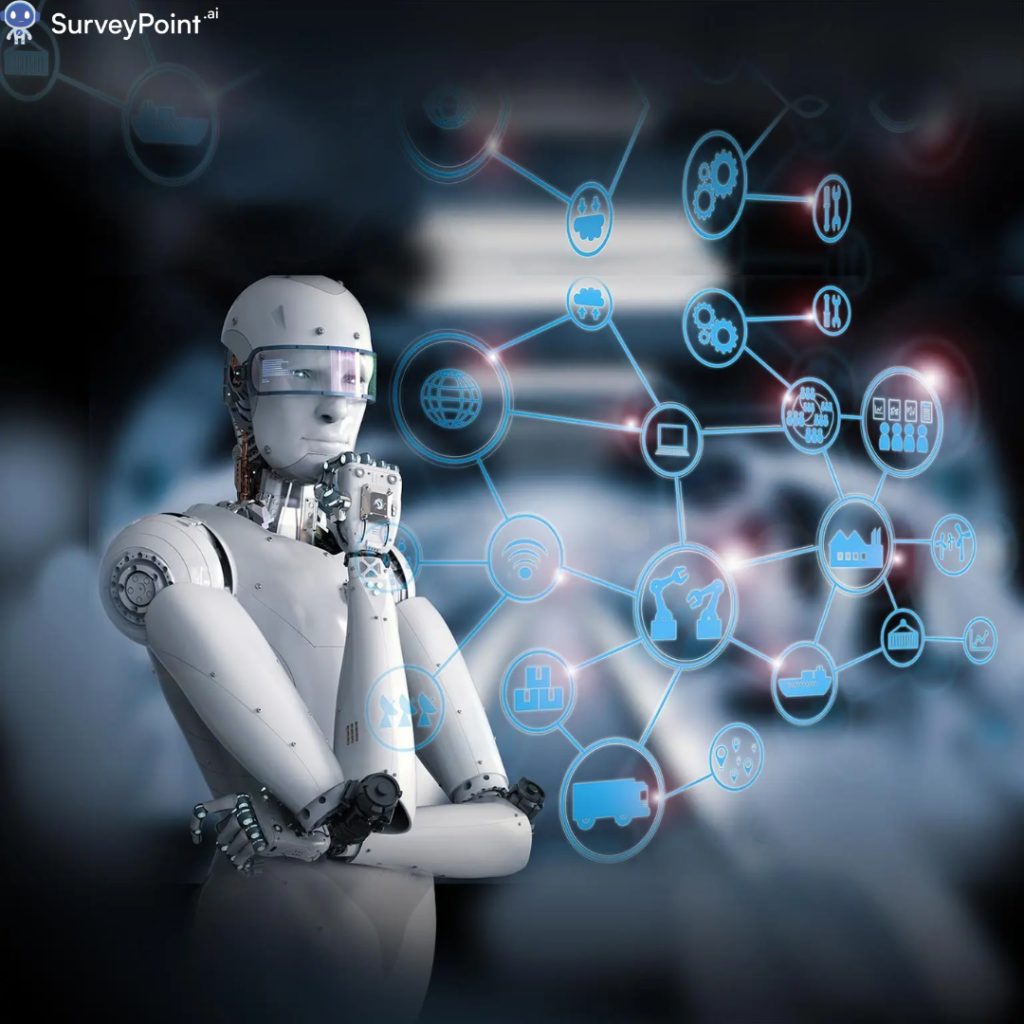
Artificial Intelligence (AI) is no longer just a futuristic concept; it has become an integral part of our lives, revolutionizing industries and reshaping the way we work and interact with technology. In this comprehensive guide, we’ll delve into the world of AI, exploring its applications, career opportunities, and the essential skills required to succeed in this dynamic field.
Artificial Intelligence:
Artificial Intelligence refers to the development of computer systems capable of performing tasks that typically require human intelligence, such as learning, reasoning, problem-solving, and decision-making. AI technologies encompass a wide range of applications, including machine learning, natural language processing, computer vision, robotics, and more. From virtual assistants like Siri and Alexa to self-driving cars and predictive analytics, AI is transforming the way we live and work.
Career Opportunities in the Field of AI:
- Machine Learning Engineer: Develops algorithms and models that enable computers to learn from data and make predictions.
- Data Scientist: Analyzes large datasets to extract valuable insights and inform decision-making using statistical techniques and machine learning algorithms.
- AI Research Scientist: Conducts research to advance the state-of-the-art in AI technologies, such as neural networks, deep learning, and reinforcement learning.
- AI Software Developer: Designs and builds AI-powered applications and systems, integrating AI algorithms into software products and platforms.
- Robotics Engineer: Designs and develops robotic systems capable of autonomous operation and intelligent decision-making in diverse environments.
- Natural Language Processing (NLP) Engineer: Develops algorithms and models for understanding and generating human language, enabling applications like chatbots and language translation.
- Computer Vision Engineer: Builds systems that enable computers to interpret and analyze visual information from images and videos, with applications in autonomous vehicles, surveillance, and healthcare.
- AI Ethicist: Addresses ethical and societal implications of AI technologies, ensuring responsible and ethical development and deployment of AI systems.
- AI Product Manager: Oversees the development and implementation of AI-powered products and services, translating business requirements into technical solutions.
- AI Consultant: Provides expertise and guidance to organizations on leveraging AI technologies to solve business challenges and drive innovation.
Skills Required to be an AI Expert:
- Programming Skills: Proficiency in programming languages such as Python, R, Java, or C++ is essential for developing AI algorithms and applications.
- Machine Learning: Understanding of machine learning concepts, algorithms, and frameworks such as TensorFlow, PyTorch, or scikit-learn is crucial for building predictive models and solving real-world problems.
- Statistics and Mathematics: Knowledge of statistical techniques, linear algebra, calculus, and probability theory is foundational for data analysis, modeling, and machine learning.
- Data Wrangling and Analysis: Ability to preprocess, clean, and analyze large datasets using tools like pandas, NumPy, and SQL is essential for extracting insights and building predictive models.
- Deep Learning: Familiarity with deep learning architectures, such as neural networks, convolutional neural networks (CNNs), and recurrent neural networks (RNNs), is crucial for solving complex problems in computer vision, natural language processing, and other domains.
- Problem-Solving Skills: Strong analytical and problem-solving skills are essential for identifying business challenges, formulating AI solutions, and iteratively improving model performance.
- Domain Knowledge: Understanding of the domain or industry in which AI solutions are being applied is critical for designing effective solutions that address specific business needs and requirements.
- Communication Skills: Ability to communicate complex technical concepts and findings to non-technical stakeholders is essential for collaborating with cross-functional teams and driving successful AI projects.
- Lifelong Learning: Given the rapid pace of technological advancements in AI, a willingness to continuously learn and adapt to new tools, techniques, and methodologies is crucial for staying current and relevant in the field.
- Ethical Considerations: Awareness of ethical and societal implications of AI technologies, such as bias, privacy, and fairness, and a commitment to responsible and ethical AI development and deployment.
Conclusion:
Artificial Intelligence presents exciting opportunities for individuals looking to embark on a rewarding career at the forefront of technology innovation. With a diverse range of roles spanning machine learning, data science, robotics, and more, there’s something for everyone in the field of AI. By acquiring the necessary skills, staying curious and adaptable, and embracing ethical principles, aspiring AI experts can contribute to solving complex problems, driving innovation, and shaping the future of AI-enabled technologies. Whether you’re passionate about building intelligent systems, analyzing data to uncover insights, or designing ethical AI solutions, the possibilities are endless in the dynamic and ever-evolving world of Artificial Intelligence. For more information checkout- surveypoint.ai




